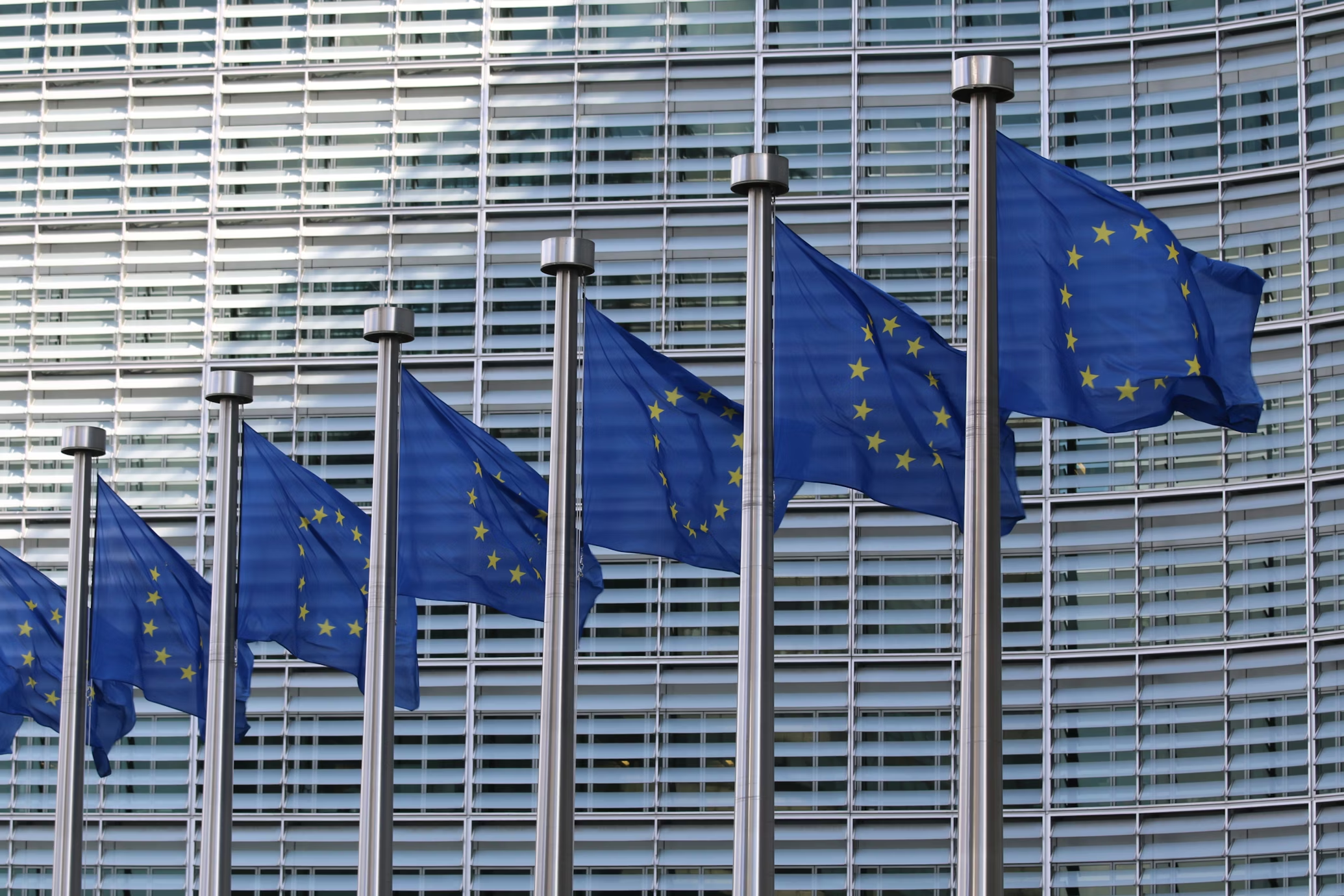Joint civil society reaction to the adoption of the EU Directive on combating violence against women and domestic violence

Today, the Council of the EU officially adopted the EU Directive on combating violence against women and domestic violence
As 13 civil society organisations1 which advocate for human rights, gender equality, and the right for all to live free from violence, we welcome this first ever binding EU legislation on this issue as a groundbreaking step.
The Directive adopts a holistic approach to combat violence against women2 and domestic violence, incorporating measures relating to prevention, protection, support for victims, access to justice and prosecution of perpetrators. This achievement is the result of long-term advocacy by feminist movements and Members of the European Parliament championing the European Commission’s ambitious proposal. We extend our gratitude to everyone involved in making this Directive as strong as possible.
We applaud the fact that the Directive recognizes the perpetration of female genital mutilation, forced marriage and certain forms of online violence as crimes. Unfortunately, other forms of violence were ultimately not criminalised, including intersex genital mutilation and forced sterilisation. We deeply regret that some Member States managed to derail the unprecedented opportunity to criminalise rape with a consent-based definition at the EU level. Sexual violence against women is endemic across the EU, with widespread impunity. Consent-based definitions of rape allow for all cases of rape to be included and strengthen protection and access to justice for victims of rape. We continue to call on all Member States who have not yet done so, to move towards adopting consent-based laws.
Crucially, the Directive will require Member States to do more to prevent rape, by raising public awareness of the fact that sex without consent is a crime, through awareness raising programmes and educational materials. We encourage Member States to embrace the comprehensive prevention approach outlined in the Directive, in particular primary prevention initiatives, and to provide mandatory comprehensive sexuality education, which includes consent education and challenges harmful gender norms.
The Directive further guarantees comprehensive support to victims of violence against women and girls and domestic violence and access to both general and specialist support services, shelters, support for child victims, as well as access to comprehensive medical care including sexual and reproductive health services. This is the first time that EU law imposes explicit obligations on Member States to provide access to this essential medical care for victims of sexual violence. Member States will also have to provide training for professionals likely to come into contact with victims, on how to provide this support.
The Directive recognises that victims of violence against women and domestic violence who experience intersectional discrimination are at a heightened risk of violence, and obliges Member States to meet their specific needs. Targeting a public figure, a human rights defender, or someone for their personal characteristics will constitute an aggravating circumstance. In the implementation of the Directive, Member States must ensure that all victims and survivors of gender-based violence are protected, no matter their sexual orientation, gender identity, gender expression or sex characteristics.
However, EU lawmakers yet again silenced women impacted by EU migration policies. The only concrete step forward for migrant women is that the text requires Member States to make shelters available to all women experiencing domestic abuse, regardless of their residence status. Nonetheless we condemn that the final text does not retain provisions on protecting undocumented women’s personal data from being transmitted to immigration authorities (neither in the context of accessing shelters, nor in terms of accessing justice). Member States must ensure that women are not deterred from going to the police because of their residence status, by including access to safe reporting in the ongoing revision of the Victims’ Rights Directive.
We call on the European Commission to provide guidelines and training to Member States, based on international standards and in consultation with civil society organisations. We urge Member States to fully implement the Directive as soon as possible. Recalling that the Directive sets minimum standards, we call on Member States to go beyond these and to realise the highest standards across the EU.
We call on the European Commission to review the Directive in the next five years and to work towards comprehensive and inclusive measures to address all forms of sexual and gender-based violence without discrimination.
We, together with our members across Europe, are committed to providing our expertise, and look forward to supporting a strong implementation of the Directive, to progress towards a Europe where everyone is safe from gender-based violence.
- Amnesty International, Center for Reproductive Rights, EuroCentralAsian Lesbian* Community (EL*C), End FGM European Network, European Sex Workers’ Rights Alliance (ESWA), Human Rights Watch, ILGA-Europe (The European region of the International Lesbian, Gay, Bisexual, Trans and Intersex Association), International Planned Parenthood Federation European Network (IPPF EN), La Strada International, Organisation Intersex International Europe (OII Europe), Platform for International Cooperation on Undocumented Migrants (PICUM), TGEU (Trans Europe and Central Asia), Women Against Violence Europe (WAVE).
Our organisations work on a diverse range of women’s rights issues. In the drafting of this document, we have been led by the expertise of women’s rights organisations and women human rights defenders from communities most impacted by the specific forms of violence described in each section. Our commitment to the text below represents our coming together as a collective with shared values, even though not every organisation has its own policy or programme of work dedicated to each issue. ↩︎ - Throughout this statement, the term “women” should be understood as including “women and girls”, as in the definition of “violence against women” proposed by the European Commission in the Directive, which encompasses “violence directed against a woman or a girl”. ↩︎